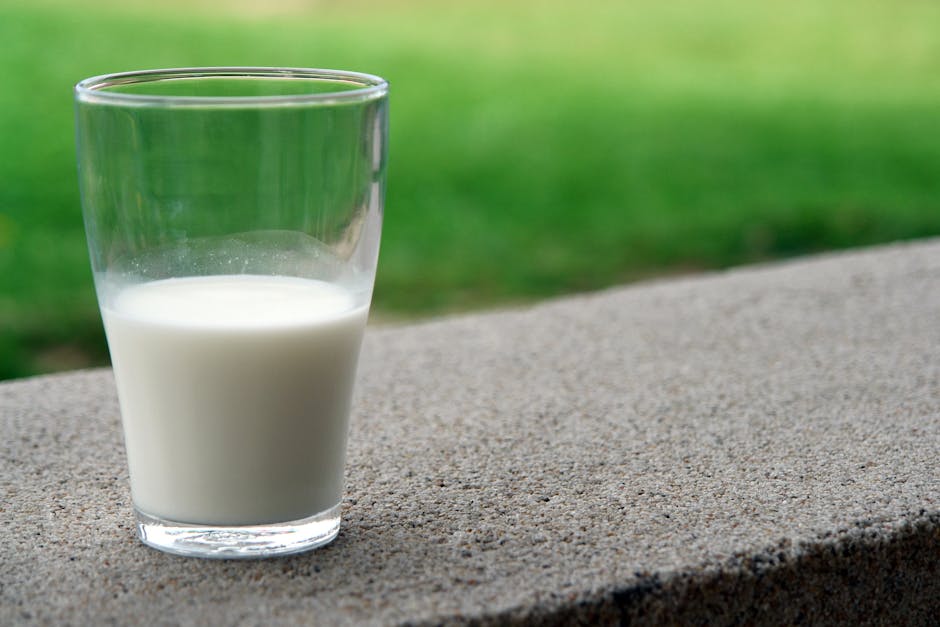Metabolism is at the heart of how your body uses energy, influencing everything from how efficiently you burn calories to how you feel throughout the day. Understanding metabolism is crucial for anyone interested in nutrition science, health, and wellness, especially if you want to boost metabolism for optimal fitness and vitality.
What Is Metabolism? The Science Behind Your Body’s Energy
Metabolism refers to the complex set of chemical reactions that occur in your body’s cells to convert the food and drink you consume into energy. This energy is essential for every process your body performs, from breathing and circulating blood to repairing cells and even thinking. Metabolism is divided into two main processes: catabolism and anabolism. Catabolism breaks down nutrients to release energy, while anabolism uses that energy to build and repair tissues and cells.
Every living organism relies on metabolism for survival. The metabolic pathways that drive these reactions are highly conserved across species, reflecting their fundamental importance in biology. In humans, the majority of cellular energy is generated by breaking down carbohydrates and fats, a process that takes place within the cytosol and mitochondria of cells. The efficiency of these pathways determines how effectively your body captures and uses energy, influencing your overall metabolic rate and energy expenditure.
Metabolism is not static; it adapts to your body’s needs, environment, and even your daily habits. Factors like age, genetics, muscle mass, and hormonal balance all play a role in determining your unique metabolic rate. Disruptions in metabolic processes are linked to various health conditions, including diabetes, metabolic syndrome, and obesity, highlighting the importance of a well-functioning metabolism for long-term health.
Understanding Metabolic Rate and Energy Expenditure
Your metabolic rate is the speed at which your body burns calories to produce energy. The largest portion of your daily energy expenditure comes from your basal metabolic rate (BMR), which is the amount of energy your body uses at rest to maintain vital functions like breathing, circulation, and cell production. Other contributors to your total energy expenditure include the energy used during physical activity and the thermic effect of food (the energy required to digest, absorb, and process nutrients).
Several factors influence your metabolic rate. Genetics play a significant role, but so do lifestyle factors such as diet, exercise, and sleep. People with more muscle mass tend to have higher metabolic rates because muscle tissue burns more calories at rest compared to fat tissue. Age also impacts metabolic rate, with metabolism naturally slowing down as you get older. Hormones, especially thyroid hormones, are critical regulators of metabolic activity and can cause your metabolic rate to fluctuate.
Understanding your own metabolic rate can help you make informed decisions about nutrition and physical activity. By supporting your metabolism through healthy habits, you can optimize your energy levels, support weight management, and improve overall well-being.
Nutrition Science: How Food Fuels Your Metabolism
Nutrition science explores how different foods and nutrients affect your metabolism. Carbohydrates, proteins, and fats are the three primary macronutrients your body uses for energy. Carbohydrates are broken down into glucose, which provides quick energy and is stored as glycogen in muscles and the liver. Fats are metabolized into fatty acids, serving as a dense energy source, while proteins are broken down into amino acids, which are used for building and repairing tissues.
Micronutrients like vitamins and minerals are also essential for metabolism, as they act as cofactors for enzymes that drive metabolic reactions. For example, B vitamins are crucial for converting food into usable energy, while minerals like iron and magnesium support oxygen transport and muscle function.
The timing and composition of your meals can influence your metabolic rate. Eating balanced meals that include a mix of macronutrients helps maintain steady energy levels and supports metabolic health. Skipping meals or following restrictive diets can slow your metabolism, while regular, nutrient-dense eating patterns encourage a more efficient energy-burning process.
How to Boost Metabolism: Evidence-Based Strategies
Many people are interested in how to boost metabolism to support weight management and energy. While genetics and age set the foundation for your metabolic rate, there are several science-backed strategies you can use to support a healthy, active metabolism:
- Build muscle mass: Strength training increases muscle tissue, which burns more calories at rest than fat tissue.
- Stay physically active: Regular aerobic exercise, such as walking, running, or cycling, raises your daily energy expenditure and can temporarily increase your metabolic rate even after you finish exercising.
- Eat enough protein: Protein-rich foods require more energy to digest and help preserve muscle mass during weight loss.
- Don’t skip meals: Eating regular, balanced meals helps keep your metabolism running efficiently and prevents energy dips.
- Get enough sleep: Poor sleep can disrupt hormones that regulate metabolism and appetite, making it harder to maintain a healthy weight.
- Stay hydrated: Water is essential for metabolic processes, and even mild dehydration can slow your metabolism.
It’s important to be cautious of fad diets and supplements that claim to dramatically boost metabolism. The most effective and sustainable way to support your metabolic health is through consistent, healthy lifestyle habits that combine nutrition science, regular physical activity, and adequate rest.
By understanding and supporting your metabolism, you empower your body to use energy efficiently, maintain a healthy weight, and feel your best every day.

